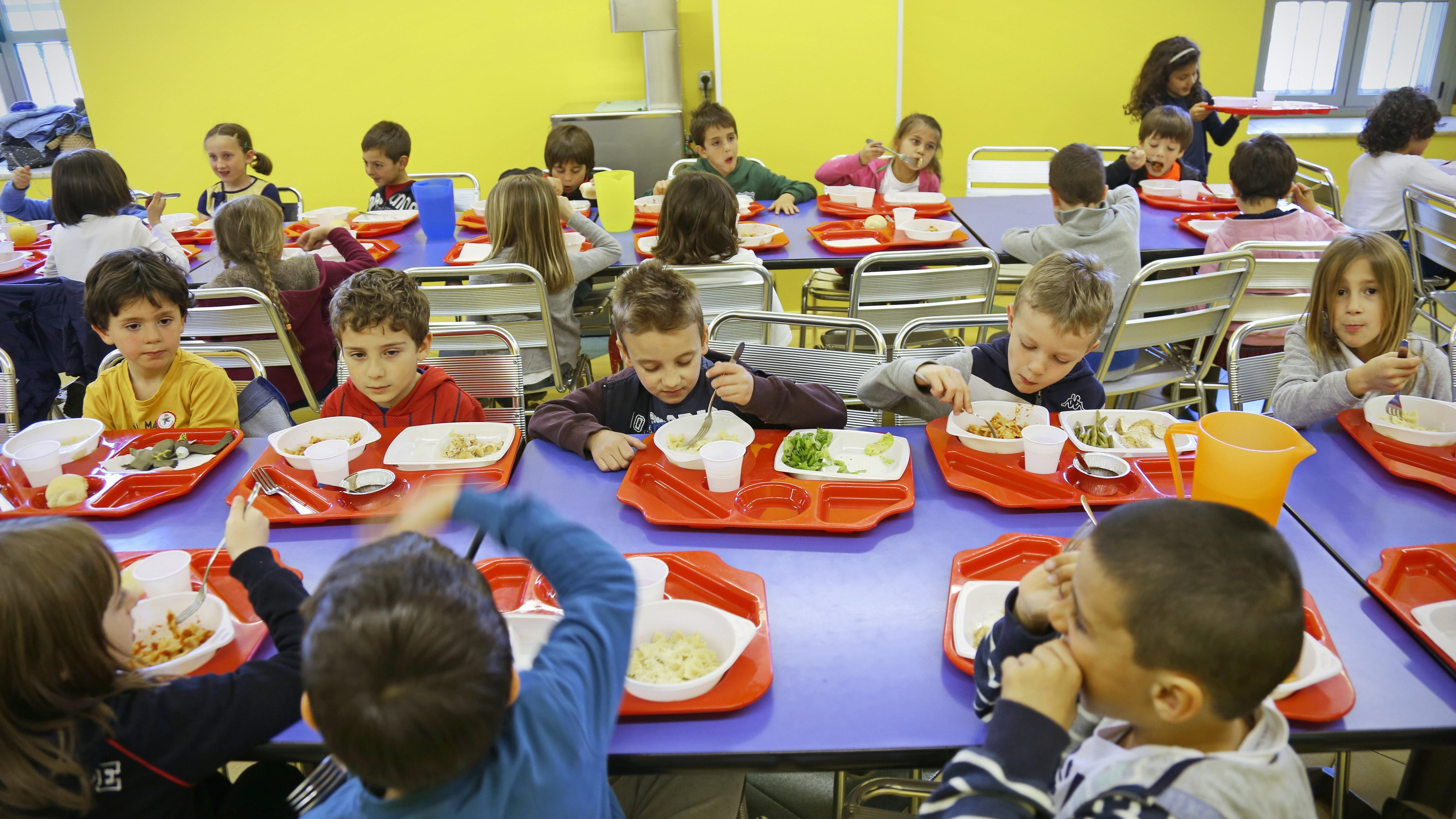We Need To Save Universal Free Lunch Programs
Federal waivers for free school lunches are ending, leaving communities scrambling for other options.
The school year is winding down, and while for some people that might be cause for Alice Cooper–style celebration, for others it means a loss of much-needed resources like free school lunches. And this year, summer break also marks the loss of the federal nutrition waivers that made free lunches possible to begin with. On June 30, the U.S. Department of Agriculture's nutritional waivers expire, EducationWeek reports, and while some state governments have introduced their own programs to continue free lunches, the federal government has no plans to bring back the waivers. It's a blow to children and school lunch budgets alike, and one that needs to be amended.
The benefits of universal free lunches in schools
The National School Lunch Program wasn't perfect as it was—in certain states schools were legally required to accept the lowest bid from food contractors for the lunch program, leading to low-quality lunches. In addition, supply chain issues, staffing shortages, and unsuccessful initiatives like New York City's Vegan Fridays plagued the program. But even with all these problems, a flawed program that provides students with free lunch is better than none at all.
According to a USDA survey from earlier this year, 90% of public and private school cafeterias used the waivers and continued to do so through the summer months. These waivers not only provided free and discounted meals to students, but also provided reimbursements that take the pressure off of school lunch program budgets. And while there will still be programs available for low-income students to get reduced and free lunches, the burden placed on administrators to operate these programs and on families to apply to participate in them is a strain that could lead to many eligible participants not getting what they need. And when the programs are limited to low-income students, there's added stress on those families that earn just enough to sit outside the income requirements for the program.
With a universal program, class stigmas are erased. If every child is getting a free or discounted meal, then it's less likely that anyone would feel singled out. Providing these meals to children is not only a matter of nutritional and physical health, but mental health and dignity.
The future of free lunch programs
Even though help at the federal level is drying up, there are some states that are stepping up to fill the void. EducationWeek reports that California and Maine have already passed their own universal free meal programs while there are proposals awaiting approval in Colorado, Massachusetts, Minnesota, New York, and Vermont. In some cases, these programs include both a free breakfast and lunch. Still, that leaves about 86% of the country without a universal free lunch program.
In 2021 Senator Bernie Sanders attempted to pass the Universal School Meals Program Act, but it was blocked in the Senate. Now organizations like the School Nutrition Association and Hunger Free America are advocating for permanent free lunch programs. Feeding America runs a series of its own programs, like the School Food Pantry Program and the BackPack Program, to fill in the gaps where the federal programs drop the ball. For now, it's these grassroots movements and state-by-state policies that can hopefully spark a change to reintroduce much-needed free lunches for all students.
